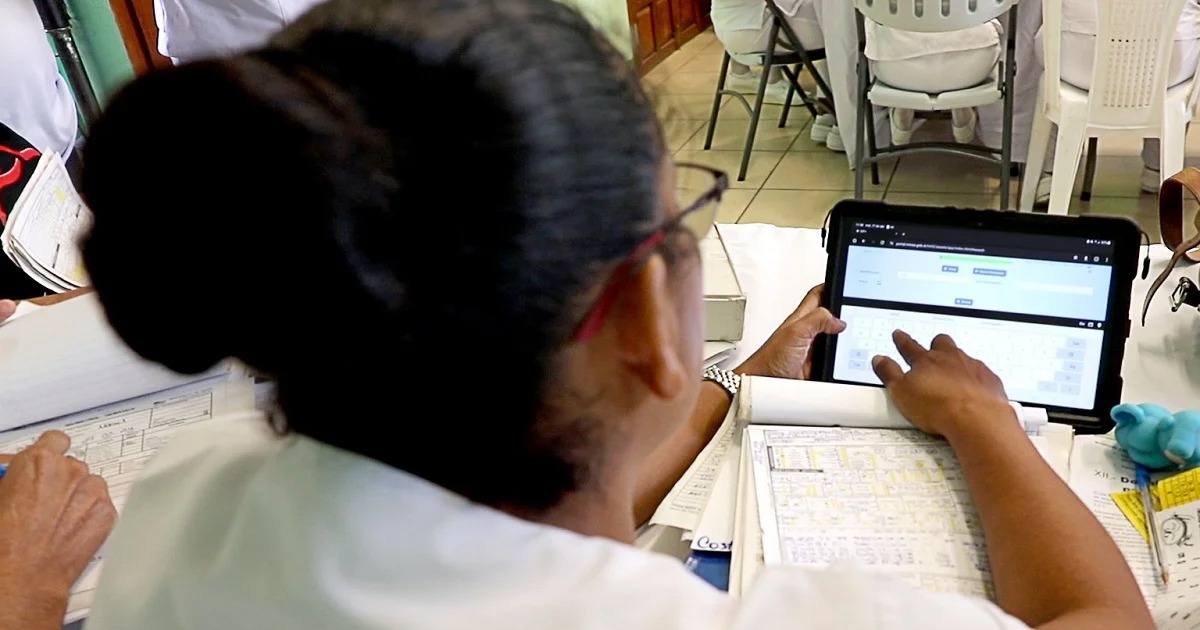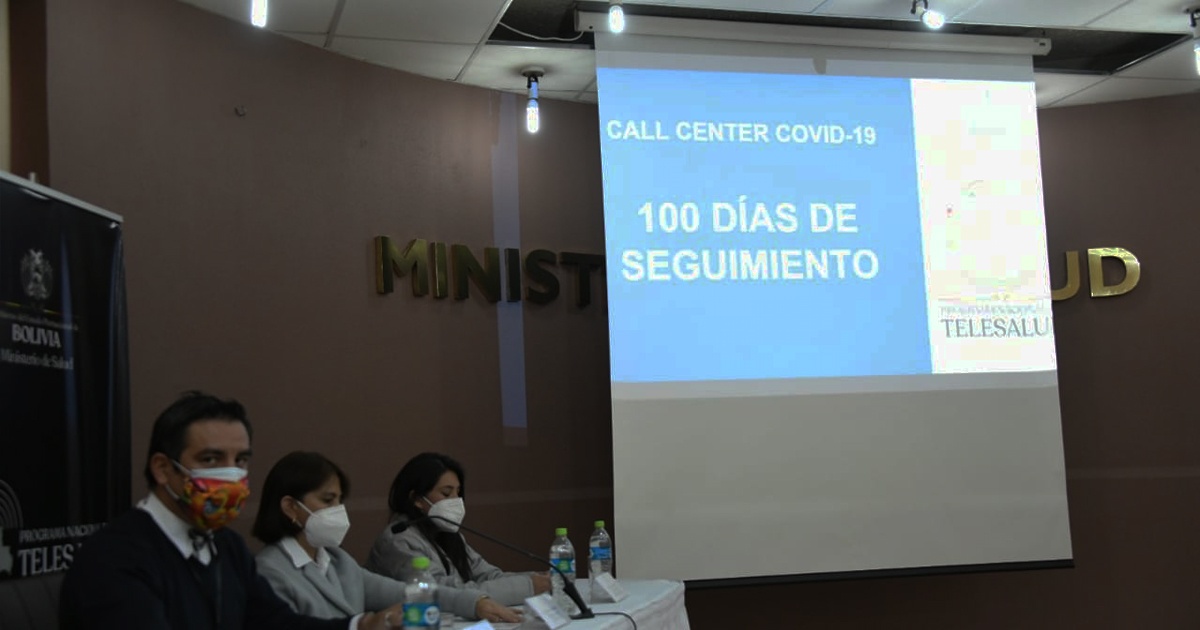En una investigación publicada en AHA Journals Circulation, científicos utilizaron resonancia magnética cardiovascular (RMC) y desarrollaron una tecnología de imágenes basada en Inteligencia Artificial (IA).
Esta aplicación de IA y aprendizaje automático tiene como propósito mejorar la obtención de imágenes del corazón y ayudar en los diagnósticos de pacientes con problemas cardiacos. Mediante la tecnología Virtual Native Enhancement (VNE), entrenada por aprendizaje automático, los profesionales médicos podrían acceder a imágenes de mayor calidad en lesiones y cicatrices del corazón.

Christopher Kramer, investigador que participó en el estudio explicó que “se trata de un avance potencialmente importante, sobre todo si puede ampliarse a otros grupos de pacientes. Ser capaz de identificar la cicatriz en el corazón, un importante factor que contribuye a la progresión de la insuficiencia cardiaca y la muerte súbita cardiaca, sin contraste, sería muy significativo”. Además, agregó que este tipo de exploraciones lograrían ahorrar costos y disminuir riesgos.
Aunque la aplicación de VNE se encuentra en fase de prueba, los profesionales podrían obtener una mayor cantidad de imágenes del corazón de diferentes pacientes en menor tiempo. Además, sin necesidad de inyecciones a paciente del agente de contraste utilizado para realizar la RMC, ideal para que personas alérgicas o pacientes con insuficiencia renal no sufran consecuencias.
Puedes consultar el artículo completo en el siguiente enlace: https://www.ahajournals.org/doi/10.1161/CIRCULATIONAHA.121.054432






